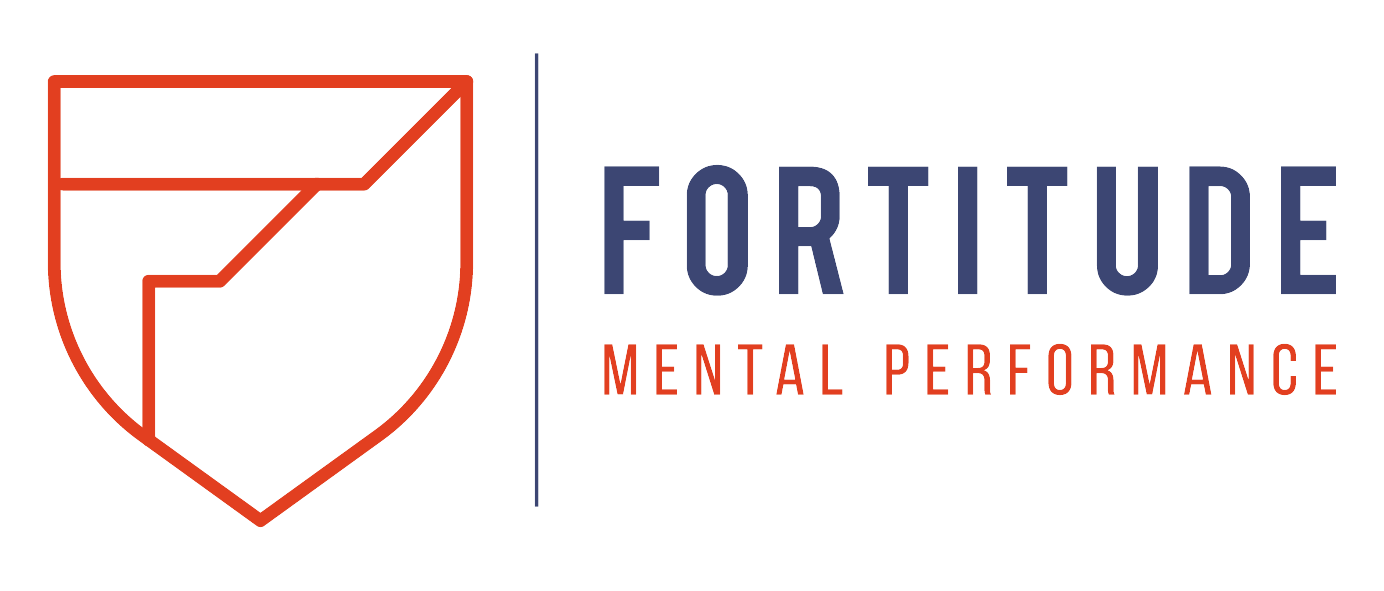What is Mental Performance Training?
With the conversation about mental health in sports becoming more prevalent than ever, we have seen an explosion of terminology, resources, experts, and, of course, “gurus” all trying to gain the attention of athletes, parents, coaches, and athletic directors.
While this conversation is incredibly important and has brought some major changes at the highest levels of sport, it can be confusing when people do not know what is what.
What is mental performance training?
Mental Performance Training is the practice of mental skills that improve the performance of athletes, teams, coaches, business professionals, performing artists, and so many more people who care about the outcome of the work that they do and experience stress or pressure while doing it.
No matter where you are starting, mental performance training can help you strive for excellence in sports or at work. Mental performance training is also crucial to improving your well-being, helping you thrive in your life.
What are Mental Skills?
In the same way that someone may build strength, power, speed, or agility in the gym, we all have mental skills that we can enhance with training.
The 8 mental skills that all athletes need to use, train, and develop are:
Focus & Attention Control
Imagery & Visualization
Goal-Setting
Self-Talk
Stress Management
Confidence
Resilience
A strong Athletic Identity
What are the benefits of Mental Performance Training?
Mental performance training has several benefits from improved athletic, musical, and academic performance to reduced stress and anxiety.
Research also tells us that:
Athletes who engaged in mental performance training participated in their sports for longer periods and at higher levels (Myall et. al., 2022)
Psychological skills training has a positive effect on individual and team sports (Vealy, 2007; Weinberg & Gould, 2015, Weinberg & Williams, 2015)
Mental performance training helps athletes display more confidence, less pre-performance anxiety, and more emotional stability away from their sport (Ong & Griva, 2017, Hill et al. 2014, Patrick & Hrycaiko, 1998)


